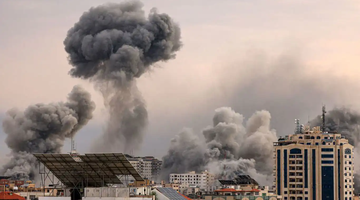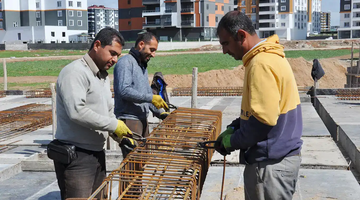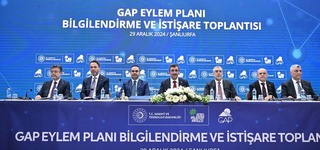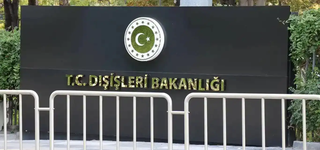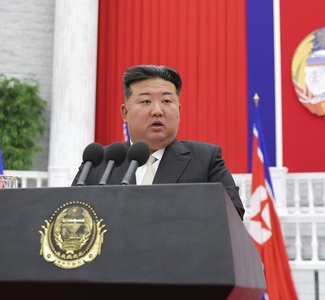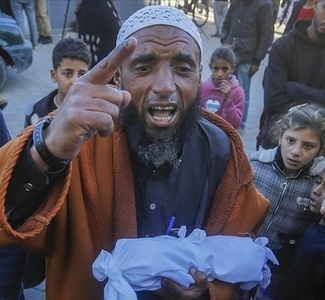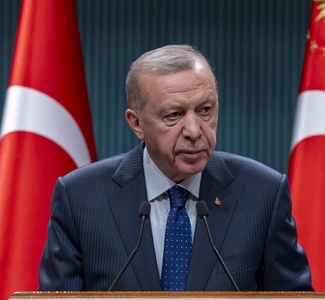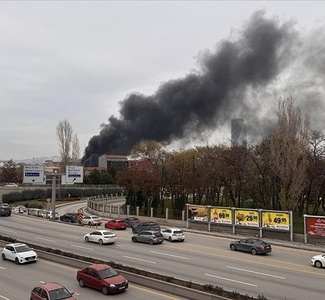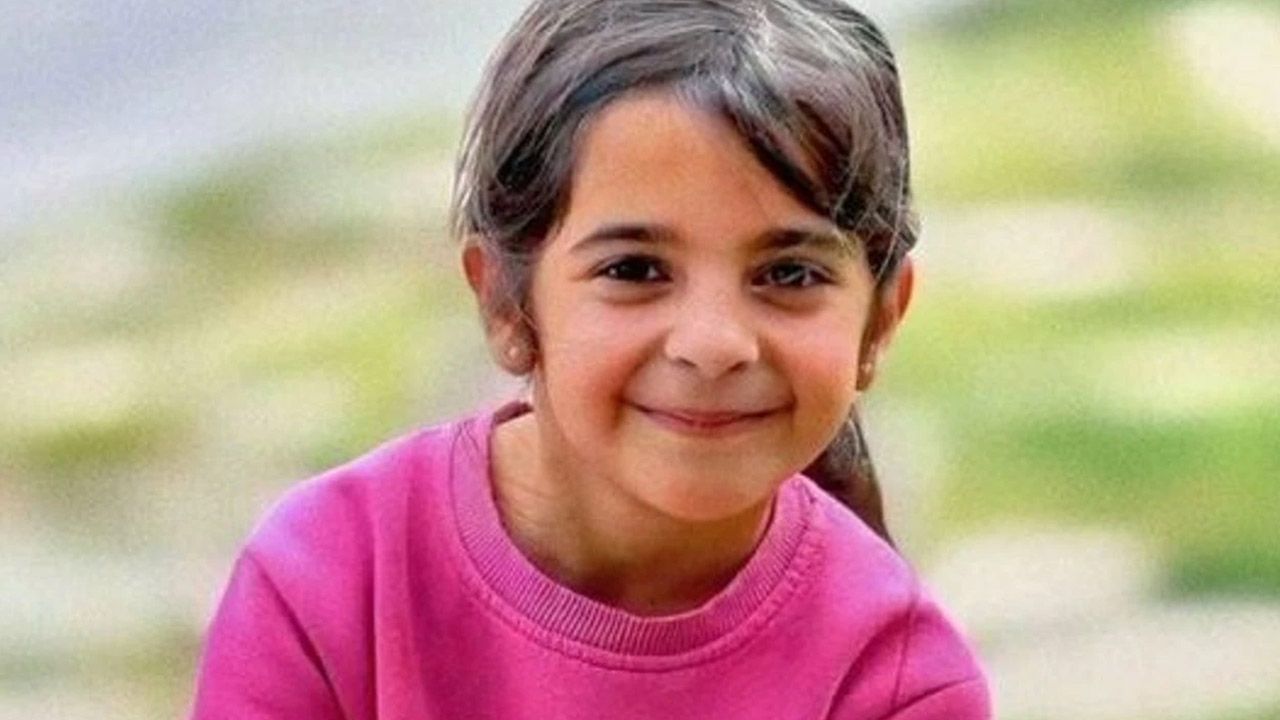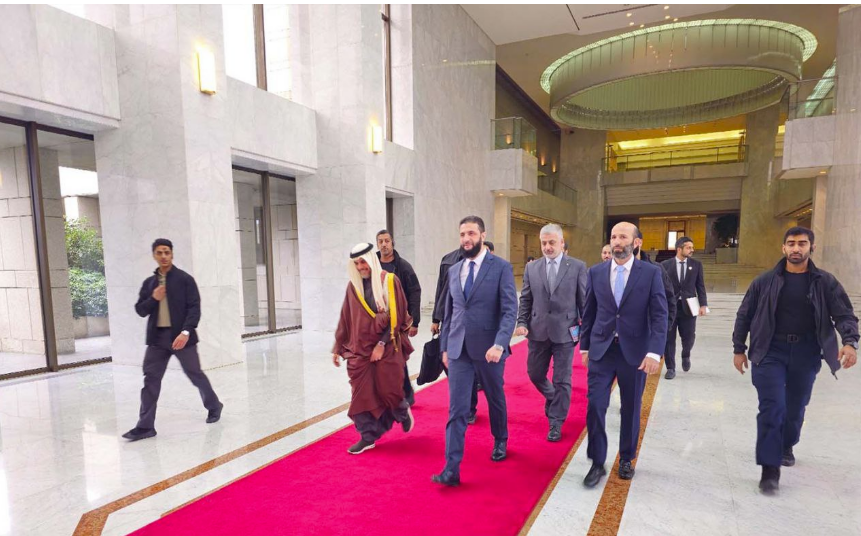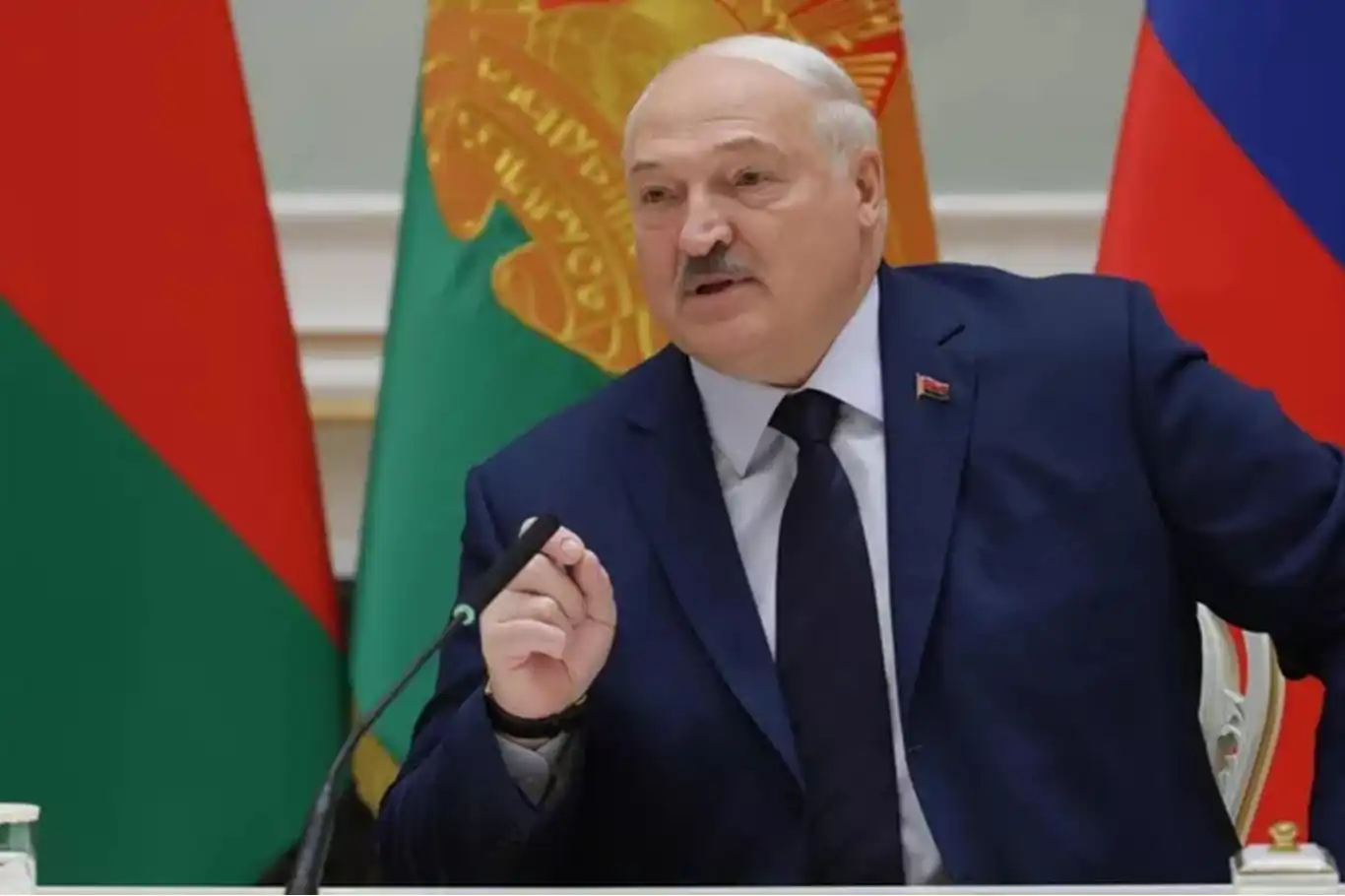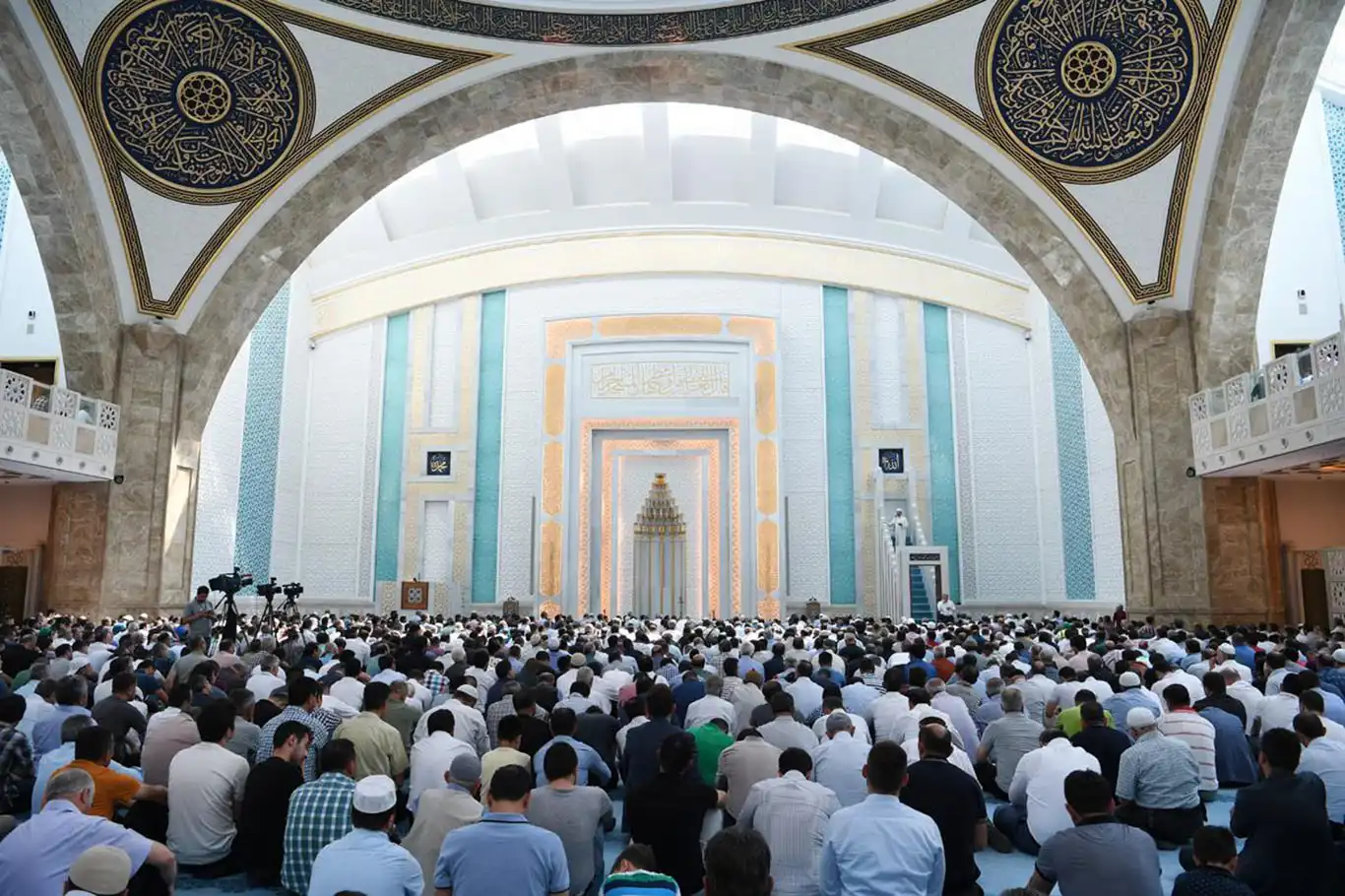HÜDA PAR condemns TV series portraying religious communities as child abusers
HÜDA PAR Vice President and Head of Social Affairs, Abdullah Aslan, has issued a sharp condemnation of the portrayal of Islamic sects and congregations as child abusers in Turkish TV series, particularly the long-running drama Arka Sokaklar.
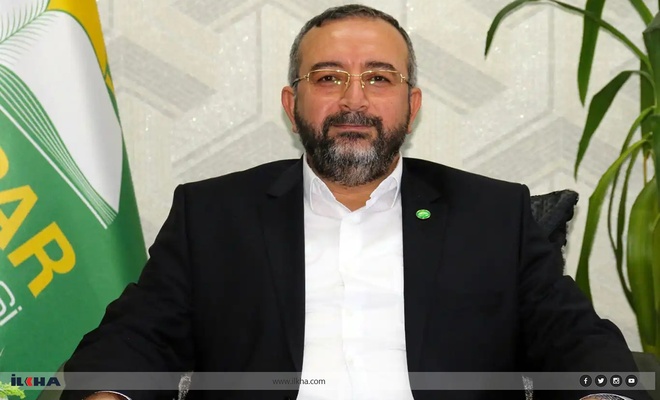
 Google News'te Doğruhaber'e abone olun.
Google News'te Doğruhaber'e abone olun. In a statement, Aslan accused certain media outlets of orchestrating a broader campaign aimed at undermining fundamental societal values, especially Islam and its symbols. He characterized the portrayals as part of a calculated effort to distort public perception and sow division within society.
“A complete scenario of ugliness and immorality,” Aslan stated. “Such media productions are the work of those who broadcast films with utter disregard for the values of this nation. These shows unfairly target key spiritual institutions and attack social unity.”
He further argued that these portrayals distort the positive role that congregations and sects play in maintaining the moral fabric of society. Aslan emphasized that the series in question not only insult Islamic attire and symbols but also promote immorality by focusing on explicit sexual content. According to Aslan, this harmful portrayal fuels societal prejudice and injustice, contributing to the erosion of public values.
"Islam and its values are being attacked through these depictions of sects and congregations. Islamic clothing and religious signs are insulted, while sexuality is overemphasized, promoting immorality. Someone must put a stop to this recklessness!" he asserted.
Aslan called on media producers to exercise greater responsibility and show respect for the beliefs of the society they serve. He underscored the importance of preserving social cohesion and warned that failing to address such media content could jeopardize the future of children and the nation’s values.
“The media must act with a sense of responsibility and respect the beliefs of the society. Defending our spiritual values is not only about preserving our traditions but also about safeguarding the future of our children,” Aslan concluded.
This statement shines a light on the ongoing debate surrounding the role of media in shaping societal norms and perceptions. While TV dramas are often designed to tackle contemporary issues, Aslan’s comments highlight the delicate balance media must strike between creative expression and social responsibility. His remarks reflect concerns shared by many in Turkish society, urging a more respectful and thoughtful approach to religious and cultural portrayals in the entertainment industry.
As the conversation around media ethics continues, it raises critical questions about how media can address sensitive topics without compromising the values held by the broader public. (ILKHA)




























